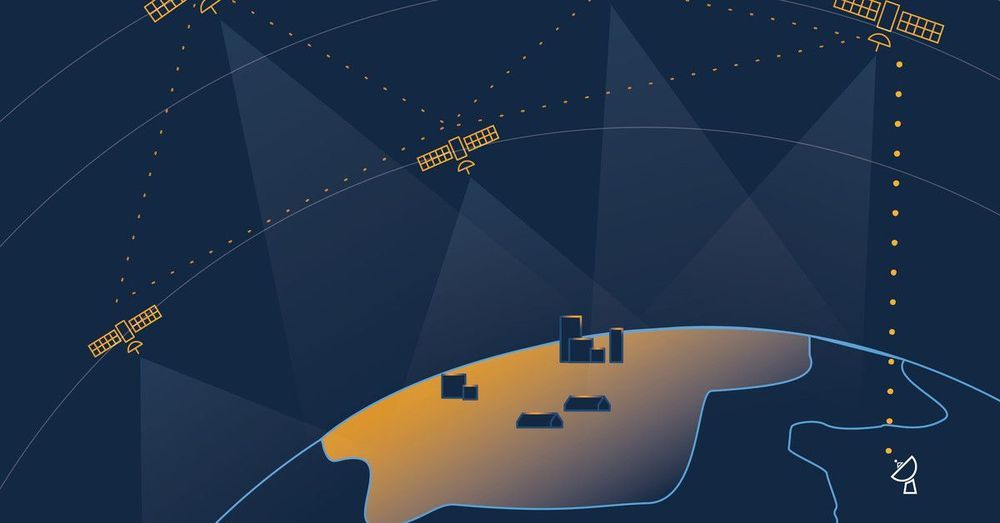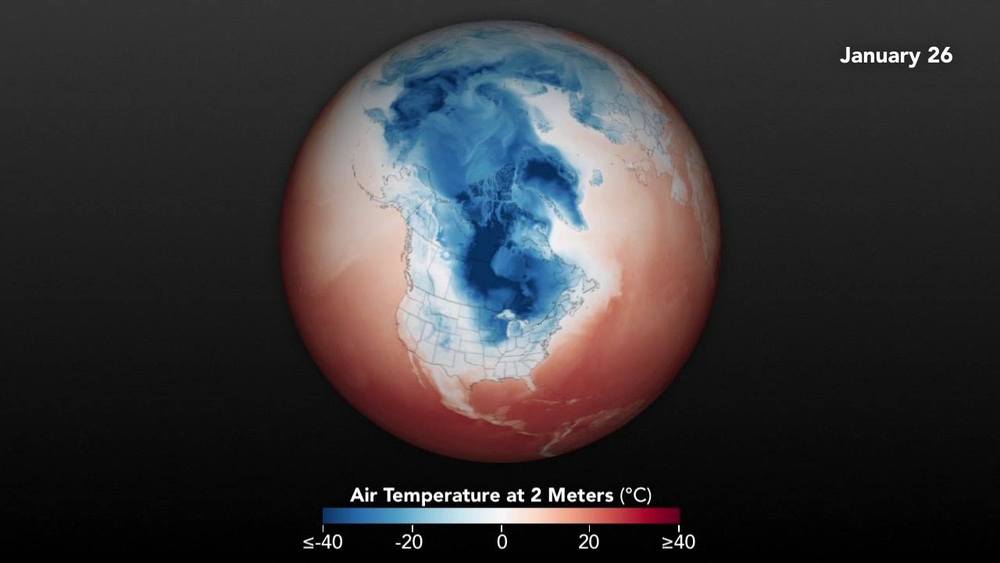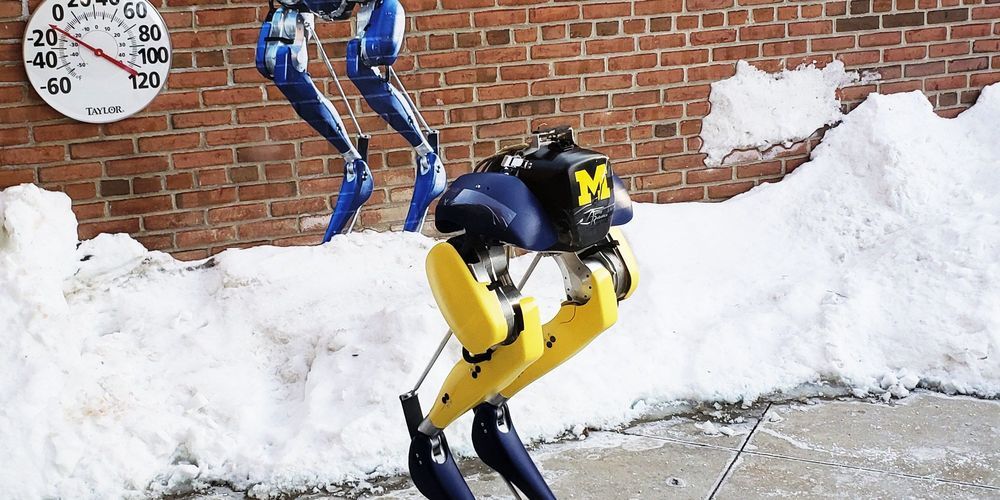Jan 31, 2019
The world’s first floating dairy farm will house 40 cows and be hurricane-resistant
Posted by Quinn Sena in categories: climatology, sustainability
- The Dutch company Beladon is opening the world’s first floating dairy farm in the Netherlands.
- Located in Rotterdam, the farm will house 40 cows in a high-tech facility on the water.
- Minke van Wingerden, one of the project’s leaders, told Business Insider that the farm will produce an average of 211 gallons of milk each day.
- Most of the cows’ food will come from city waste products, such as grains left over from local breweries and by-products from mills.
- Beladon is also interested in launching floating chicken farms and floating vertical farming greenhouses.
A Dutch company is set to debut the world’s first floating dairy farm near Amsterdam.
A high-tech, multilevel facility will soon be floating in the water in Rotterdam, located roughly 50 miles outside of Amsterdam. Minke van Wingerden, a partner at the property development company Beladon, told Business Insider that the 89-by-89 foot farm will produce an average of 211 gallons of milk each day.


















